
Introduction:
Blockchain technology, once a niche concept, has become a revolutionary force shaping industries across the globe. From cryptocurrencies to supply chain management, its applications are vast and transformative. In this article, we’ll embark on a journey through the intricacies of blockchain, covering the basics, delving into advanced topics, and exploring the professional avenues it opens up.
Basics of Blockchain:
1. Definition and Structure:
At its core, blockchain is a decentralized and distributed ledger technology that records transactions across a network of computers. Each transaction is added to a chain of blocks, forming an unchangeable and transparent record.
2. Decentralization:
Unlike traditional centralized systems, blockchain operates on a decentralized network. This ensures that no single entity has control over the entire system, promoting transparency and reducing the risk of fraud.
3. Cryptography:
Cryptography plays a pivotal role in securing transactions within a blockchain. Public and private keys enable secure and verifiable transactions, ensuring the integrity of the entire system.
4. Smart Contracts:
Smart contracts are self-executing contracts with the terms of the agreement directly written into code. These automate and enforce contract execution, eliminating the need for intermediaries.
Advanced Topics in Blockchain:
1. Consensus Mechanisms:
Consensus mechanisms are protocols that achieve agreement on a single data value among distributed processes. Proof-of-Work (POW), Proof-of-Stake (POS), and Delegated Proof-of-Stake (DPOS) are prominent examples, each with its advantages and limitations.
2. Permissioned vs. Permissionless Blockchains:
Permissionless blockchains, like Bitcoin, allow anyone to participate. On the other hand, permissioned blockchains restrict access, providing a more controlled environment suitable for enterprise applications.
3. Interoperability:
Interoperability is the ability of different blockchain networks to communicate seamlessly. As the technology evolves, achieving interoperability is crucial for the widespread adoption of blockchain across diverse industries.
4. Scaling Solutions:
Scalability has been a challenge for blockchain networks. Layer 2 solutions, sidechains, and sharding are among the innovative approaches aimed at enhancing the throughput and performance of blockchain systems.
Blockchain as a Professional Opportunity:
The growing significance of blockchain technology has opened up diverse career paths. Professionals from various backgrounds can find opportunities in:
1. Blockchain Development:
Developers proficient in languages like Solidity, the programming language for Ethereum, are in high demand. They create decentralized applications (DAPPS) and smart contracts.
2. Blockchain Architecture:
Architects design and implement blockchain solutions, ensuring they align with the organization’s goals. They play a crucial role in shaping the overall structure of a blockchain network.
3. Blockchain Consultancy:
Consultants guide businesses in adopting blockchain technology. They analyze the feasibility, benefits, and risks, helping companies integrate blockchain into their operations effectively.
Conclusion:
In conclusion, blockchain technology continues to redefine the landscape of various industries. Its decentralized, transparent, and secure nature presents a myriad of opportunities for professionals willing to explore its depths. As the technology matures, its impact on finance, supply chain, healthcare, and beyond is poised to grow exponentially.
FAQs:
Q1: Can blockchain be hacked?
Blockchain’s cryptographic security makes it extremely difficult to hack. However, like any technology, it’s not entirely immune. The decentralization and consensus mechanisms in place significantly reduce the risk of hacking.
Q2: Is blockchain only for cryptocurrencies?
While blockchain’s association with cryptocurrencies is prominent, its applications extend far beyond. Industries such as supply chain, healthcare, finance, and even voting systems are exploring blockchain solutions.
Q3: How can I start a career in blockchain?
Begin by learning the basics of blockchain, including its structure and key components. Then, delve into programming languages like Solidity and explore blockchain platforms. Consider acquiring certifications and gaining practical experience through projects or internships. Networking within the blockchain community can also open doors to opportunities.
Q4: What are the environmental concerns related to blockchain?
Blockchain networks like Bitcoin, which use Proof-of-Work (POW) consensus mechanisms, have raised environmental concerns due to their energy-intensive mining processes. However, newer consensus mechanisms and eco-friendly initiatives are being explored to address these issues.
Q5: Can blockchain be used for data privacy?
Yes, blockchain can enhance data privacy by enabling users to have control over their own data. Through features like zero-knowledge proofs and private transactions, blockchain offers solutions for secure and private data management.
Q6: How does blockchain impact traditional financial institutions?
Blockchain has the potential to streamline processes within traditional financial institutions by reducing costs, improving transparency, and minimizing the risk of fraud. However, it also poses challenges to established financial systems, encouraging adaptation and innovation.
Q7: Are there regulatory challenges associated with blockchain?
The regulatory landscape for blockchain is evolving. Some jurisdictions have embraced blockchain technology, while others are still developing regulations. Navigating these varying regulatory environments is a challenge that professionals and businesses in the blockchain space need to address.
Q8: What role does blockchain play in combating fraud?
Blockchain’s transparent and immutable nature makes it a powerful tool against fraud. It enhances traceability, reduces the risk of tampering, and provides a trustworthy record of transactions, making it difficult for fraudulent activities to go unnoticed.
Q9: How can small businesses benefit from blockchain?
Small businesses can leverage blockchain for various purposes, including transparent supply chain management, secure and efficient financial transactions, and even tokenization of assets. Blockchain can help level the playing field by providing cost-effective and secure solutions.
Q10: Is it too late to start learning about blockchain?
No, it’s never too late to start learning about blockchain. The technology is continually evolving, and as industries adopt blockchain solutions, the demand for skilled professionals is expected to grow. Whether you’re a student or a seasoned professional, there are ample resources available to get started and stay updated on blockchain developments.
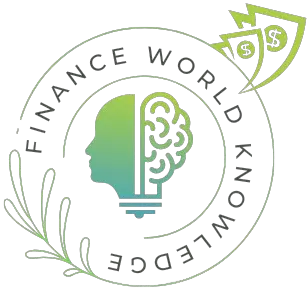

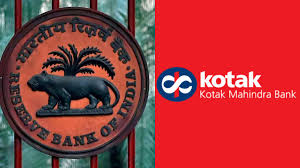
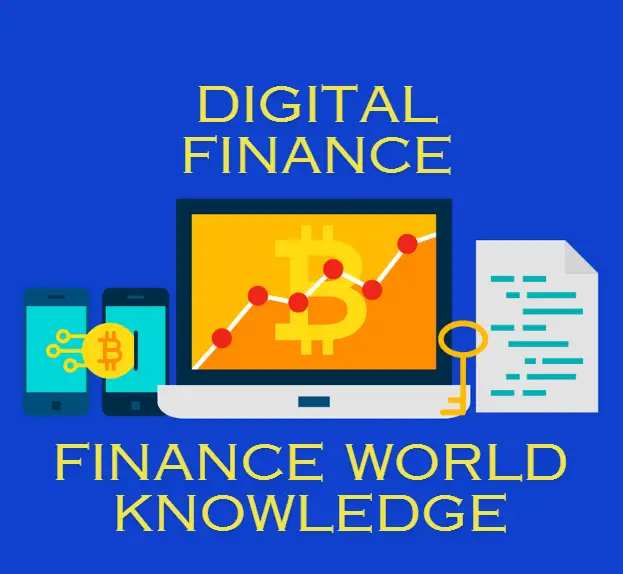
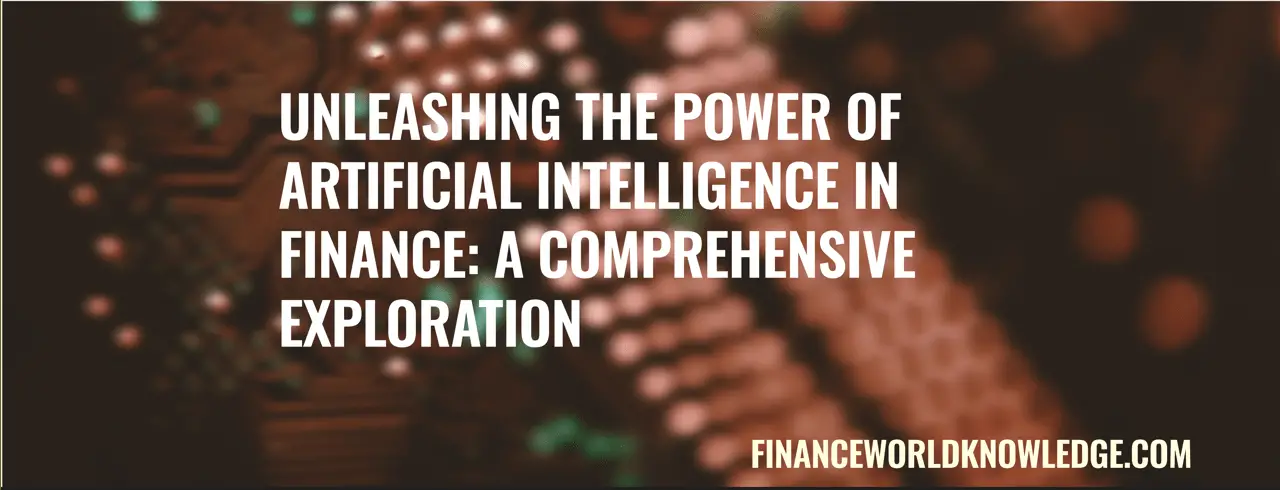
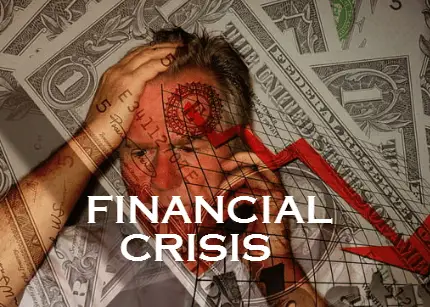
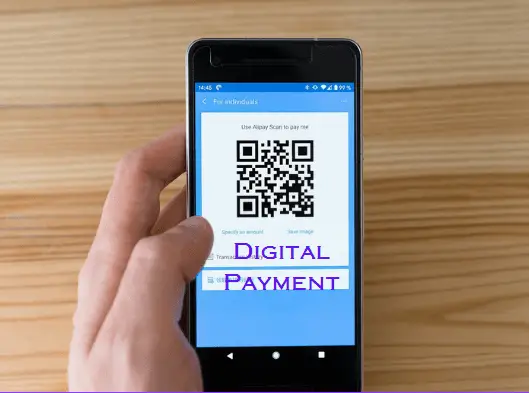
Leave a Reply